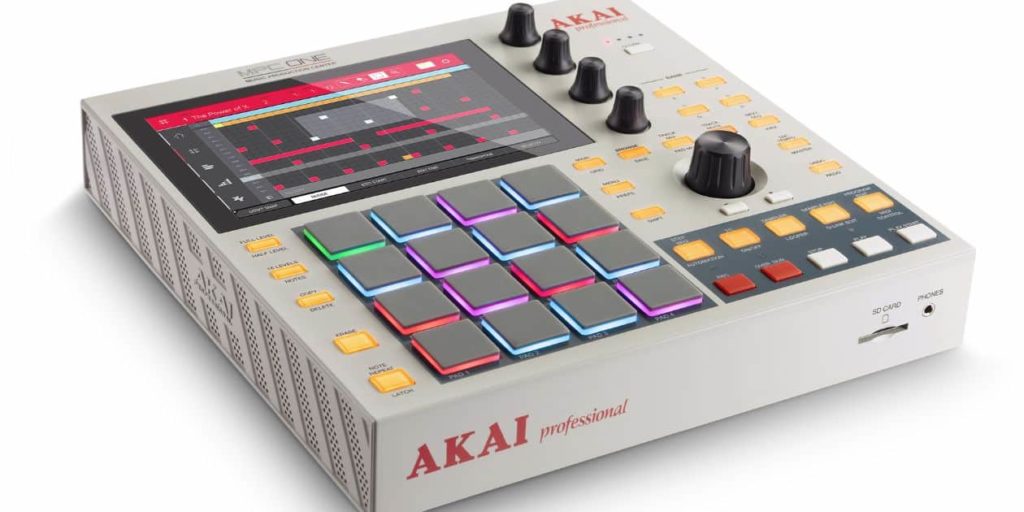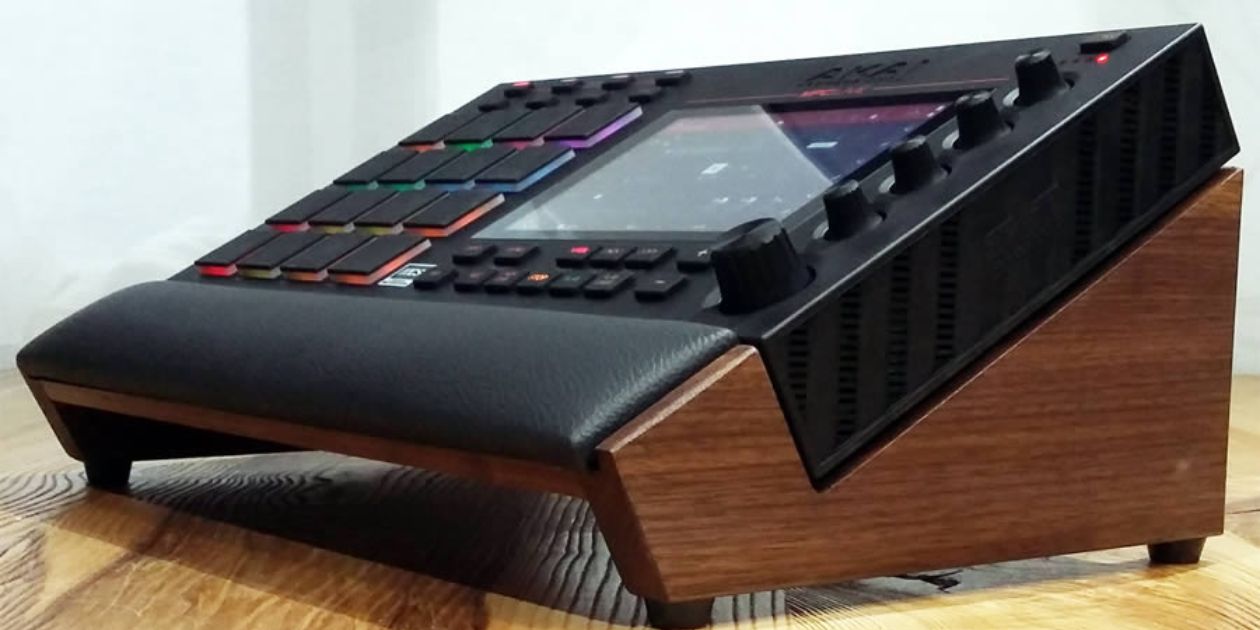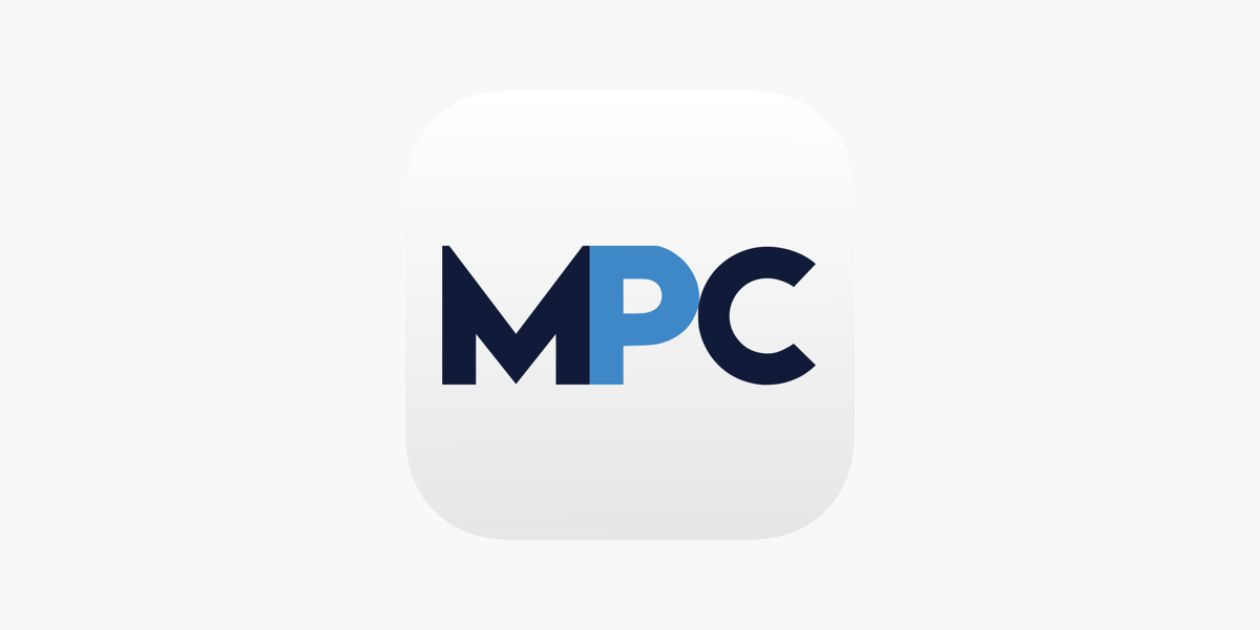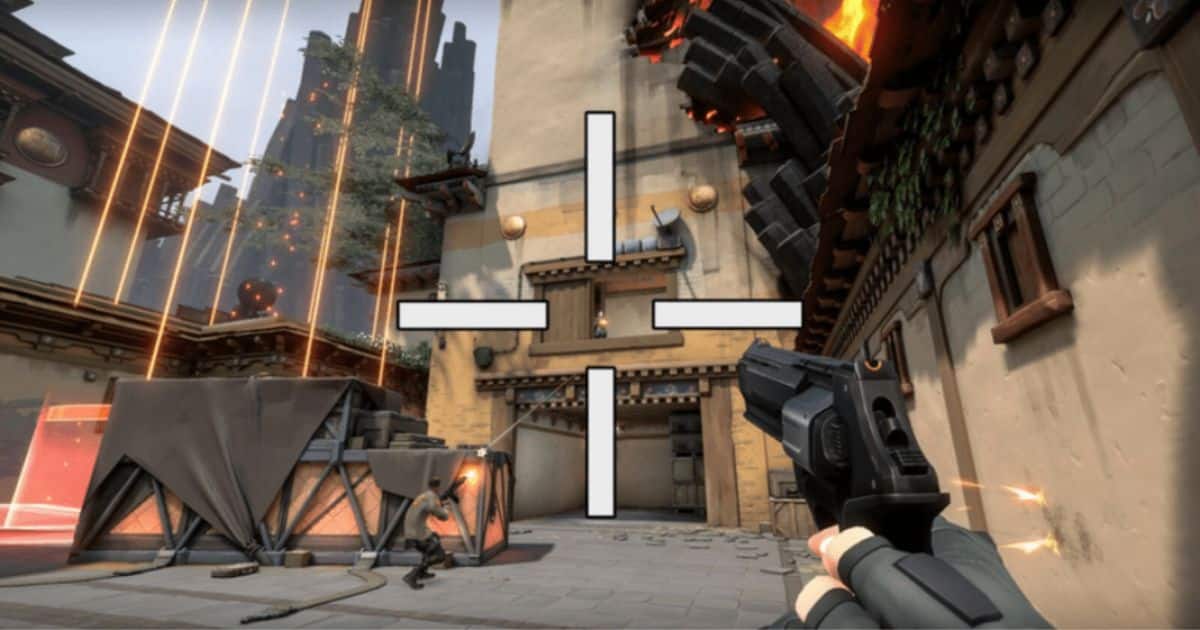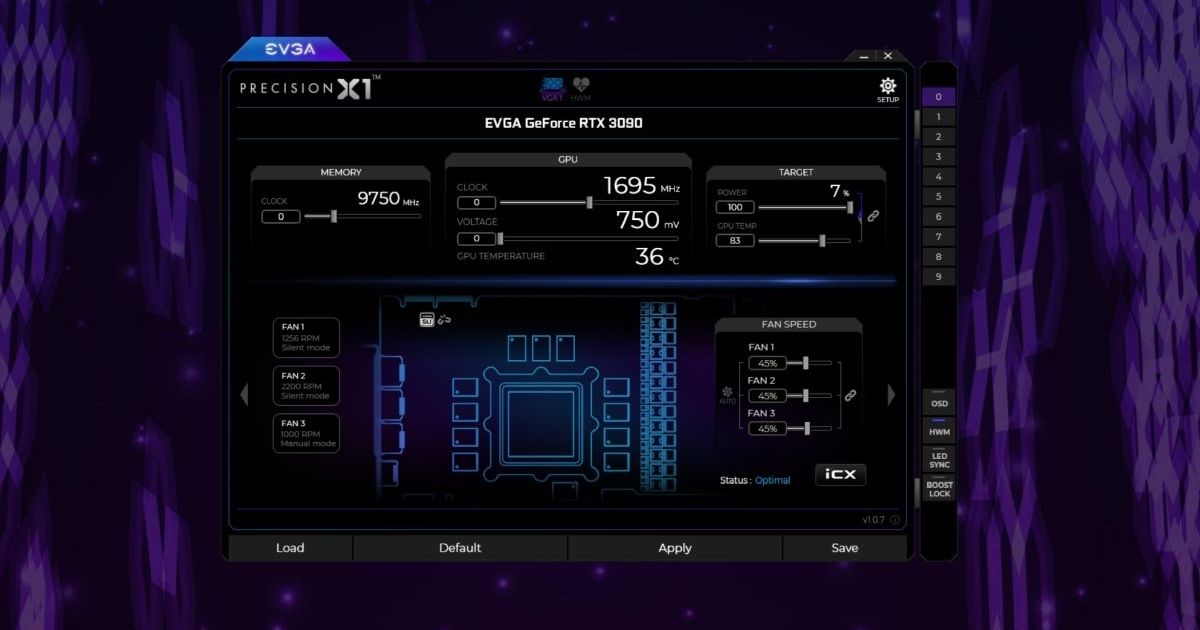In the realm of music production, the MPC stands as a revered instrument, weaving together the threads of creativity and technical prowess. Like a conductor leading an orchestra, the MPC empowers musicians to compose, sample, and arrange their musical vision with precision and finesse. This article delves into the essence of MPCs, unraveling their evolution, features, and transformative impact on music production. Embark on a journey that merges artistry and technology, and discover the boundless possibilities that the MPC offers to those seeking a sense of belonging in the musical community.
Key Takeaways
• MPCs combine the capabilities of a drum machine, software, and studio hardware into one compact device.
• MPCs have revolutionized music production by enhancing the efficiency and creativity of producers.
• MPCs offer extensive sampling time, allowing producers to capture and manipulate a wide variety of sounds.
• Mastering MPC sampling opens up endless possibilities for creating unique and dynamic music.
The Evolution of MPCs
Over the past decade, the evolution of MPCs has led to significant advancements in music production, with producers now having access to a wide range of innovative features and functionalities. MPC, which stands for Music Production Center, has revolutionized the way musicians create and manipulate music. MPCs are electronic instruments that combine the capabilities of a drum machine, software, and studio hardware into one compact device. They allow musicians to create beats, sample and sequence sounds, and control various aspects of their music production process. This evolution has made it easier for musicians to experiment with different sounds and styles, saving them time and effort in the production process. As we explore the features and functions of MPCs, we will see how they have become an essential tool for modern music production.
Exploring MPC Features and Functions
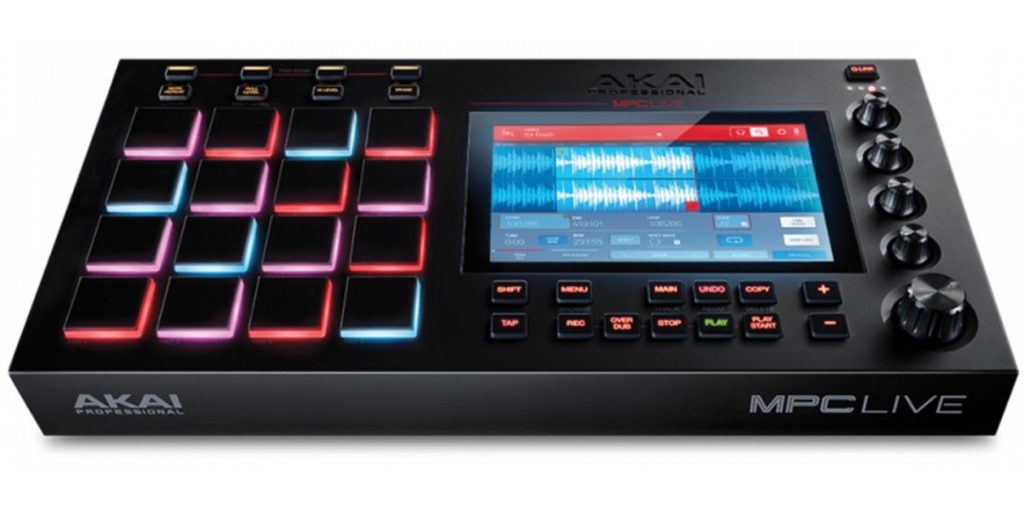
Many producers are fascinated by the wide range of innovative features and functionalities offered by MPCs, and they are eager to explore their capabilities further. The modern Music Production Center (MPC) is a powerful tool that allows musicians to create music in a variety of ways. Here are three key features and functions that make MPCs a must-have for any music producer:
1. MIDI Integration: MPCs seamlessly integrate with MIDI devices, allowing producers to control and manipulate sounds from external instruments or software.
2. Touch Pad Controls: With touch-sensitive pads, MPCs offer a tactile and intuitive way to trigger and manipulate sounds, loops, and samples.
3. Extensive Looping Capabilities: MPCs excel at creating and manipulating loops, making it easy for producers to experiment and craft unique sonic landscapes.
With these features and functions, MPCs empower producers to create professional-level music, providing them with the tools they need to bring their songs to life. Whether you are a seasoned pro or just starting out, the MPC is a versatile and essential tool for any music production setup.
How MPCs Have Transformed Music Production
MPCs have revolutionized music production by enhancing the efficiency and creativity of producers through their innovative features and seamless integration with other musical instruments and software. These powerful machines combine the functionality of drum machines, drum samples, sequencers, and more into a single device. With ample memory and pad banks, producers can create complex drum programs and intricate drum patterns with ease. The intuitive hardware control allows for quick and precise adjustments, enabling producers to experiment and craft their desired sound. Additionally, MPCs offer extensive sampling time, allowing producers to capture and manipulate a wide variety of sounds. Mastering the art of MPC sampling opens up endless possibilities for creating unique and dynamic music.
Mastering the Art of MPC Sampling
Developing a thorough understanding of the intricate techniques involved in MPC sampling enables producers to harness the full potential of this powerful tool, allowing for the creation of captivating and seamless musical compositions. To truly master MPC sampling, producers need to familiarize themselves with the following key features:
1. Velocity: MPCs offer the ability to adjust the velocity of each sample, adding depth and expression to the music.
2. Touch Strip Controller: This feature allows for dynamic manipulation of sounds, providing a unique and interactive experience for the producer.
3. Chord Modes: MPCs offer chord mode functionality, enabling producers to easily play complex chords with a single finger, expanding the range of possibilities in composition.
With its intuitive sample chopping tool, inspiring software, and visual feedback, the MPC proves to be an invaluable tool for any producer. While the price may be a consideration, the immense capabilities and creative potential make it a worthwhile investment for those seeking to elevate their musical productions.
Expanding Your Musical Creativity With MPCs
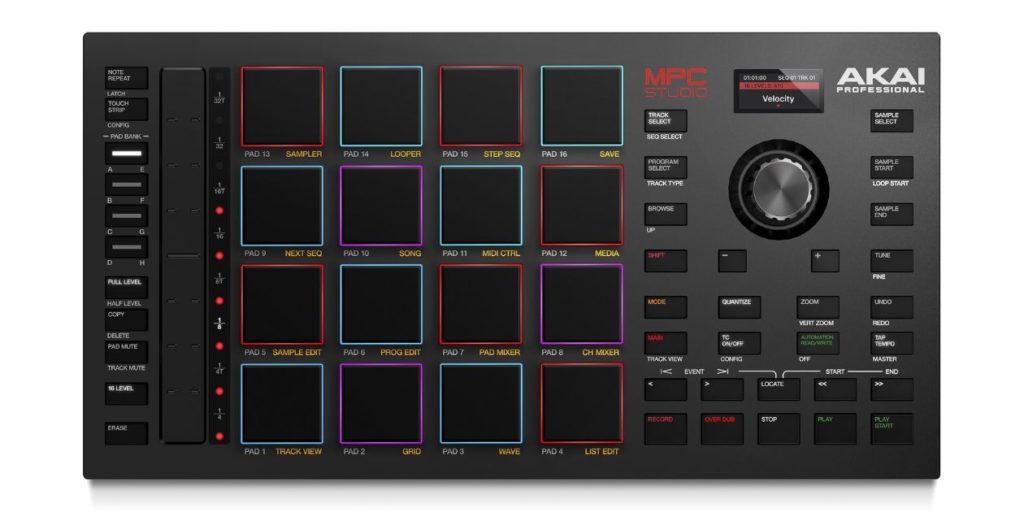
By exploring different techniques and utilizing the full range of functions, producers can unlock a multitude of creative possibilities with MPCs. MPCs, also known as Music Production Centers, have become an essential piece of gear for music producers, especially in the realm of electronic music. These versatile musical instruments combine the functionalities of a drum machine, sampler, and sequencer, allowing producers to create intricate beats and melodies. The MPC Studio, in particular, offers a compact and affordable option for music producers looking to enhance their song structure and drum programming skills. With its intuitive interface and powerful features, the MPC Studio empowers producers to experiment with different sounds, samples, and effects, ultimately expanding their musical creativity. Whether you are an experienced producer or just starting out, incorporating an MPC into your setup can greatly enhance your production capabilities and take your music to new heights.
Frequently Asked Questions
How Much Does an MPC Typically Cost?
The cost of an MPC, a popular music production tool, can vary depending on the model and features. Prices range from a few hundred dollars for entry-level models to several thousand dollars for professional-grade MPCs with advanced capabilities.
Are MPCs Only Used in Hip-Hop and Electronic Music?
MPCs, or Music Production Controllers, are versatile tools used in various genres of music production. While they have gained popularity in hip-hop and electronic music, they are not limited to these genres and can be utilized in a wide range of musical styles.
Can MPCs Be Used in Live Performances?
MPCs can indeed be used in live performances as they offer a versatile and intuitive way for musicians to trigger and manipulate samples. Their portability and functionality make them a popular choice among musicians across various genres.
Are There Any Limitations to Using an MPC in Music Production?
There are limitations to using an MPC in music production. Despite its versatility and functionality, some users may find it challenging to navigate its complex interface and may experience limitations in terms of sample storage capacity and processing power.
What Are Some Popular Software Alternatives to Mpcs?
Some popular software alternatives to MPCs include Ableton Live, FL Studio, and Native Instruments Maschine. These programs offer similar functionality to MPCs, allowing music producers to create and manipulate sounds with ease and precision.
Conclusion
In conclusion, MPCs have revolutionized music production with their versatile features and functions. They have evolved over time to become essential tools for musicians, allowing them to explore new creative possibilities and enhance their musical compositions. MPCs have also played a significant role in the art of sampling, enabling artists to manipulate and transform sound recordings in unique ways. With their continued advancements and widespread use, MPCs will undoubtedly continue to shape the future of music production.

Brook over 3 years of professional gaming, esports coaching, and gaming hardware reviews to provide insightful expertise across PC, console, and mobile gaming.
